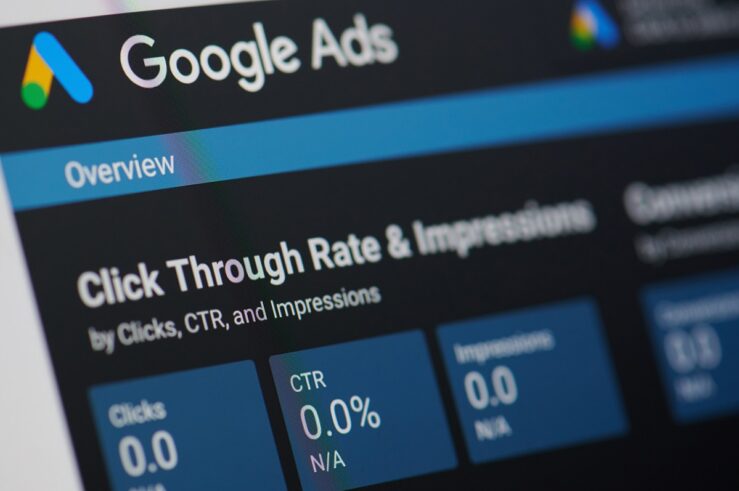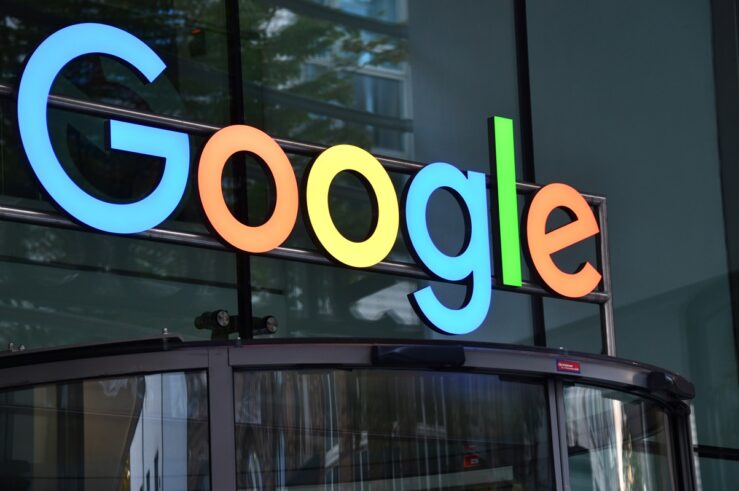Protecting Innovation: Proposed Reforms Threaten US Pharmaceutical Leadership
Robust property rights and calibrated regulations have long been key ingredients of the U.S. life-sciences ecosystem, facilitating the development of new drugs that require substantial investments in research, development, and commercialization. Recent legislative proposals, however, threaten to undermine this system under the guise of addressing drug-pricing concerns. Of particular concern in the current legislative landscape ... Protecting Innovation: Proposed Reforms Threaten US Pharmaceutical Leadership
Lessons from Korea’s Roller-Coaster Ride Toward Platform (Non)Regulation
The Korea Fair Trade Commission (KFTC), the nation’s competition authority, announced Sept. 9 that it had abandoned plans for comprehensive platform regulation modeled after the European Union’s Digital Markets Act (DMA) or Section 19a of Germany’s Competition Act. The proposed Korean regulation would have involved an ex-ante designation process, alongside stringent prohibitions. The KFTC noted ... Lessons from Korea’s Roller-Coaster Ride Toward Platform (Non)Regulation
Justice Department’s Google Adtech Antitrust Suit Does Not Add Up
The trial of the U.S. Justice Department’s (DOJ) “adtech” antitrust lawsuit against Google kicked off Sept. 9 in U.S. District Court in Alexandria, Virginia. In a nutshell, the DOJ (joined by 17 states) argues that Google illegally monopolized key digital-advertising technologies through a variety of anticompetitive tactics. But the DOJ will find it difficult to ... Justice Department’s Google Adtech Antitrust Suit Does Not Add Up
Antitrust at the Agencies: The Meat of the Matter Edition
The Federal Trade Commission (FTC) issued comments Sept. 11 in support of a proposed U.S. Department of Agriculture (USDA) rule that “seeks to clarify the scope of what constitutes unfair practices under the Packers and Stockyards Act (PSA), which assures fair competition and fair trade practices to protect farmers, ranchers, growers, and consumers.” In the ... Antitrust at the Agencies: The Meat of the Matter Edition
Between a TikTok and a Hard Place: Products Liability, Section 230, and the First Amendment
With the 3rd U.S. Circuit Court of Appeals’ recent decision in Anderson v. TikTok, it’s time to revisit the interplay between the First Amendment’s right to editorial discretion, Section 230 immunity, and children’s online safety in the context of algorithms. As has been noted many times, the use of algorithmic recommendations is ubiquitous online. And ... Between a TikTok and a Hard Place: Products Liability, Section 230, and the First Amendment
A Primer (and Some Questions) About the RealPage Antitrust Case
The U.S. Justice Department (DOJ) and several states filed suit late last month against the property-management software firm RealPage Inc. for its “unlawful scheme to decrease competition among landlords in apartment pricing and to monopolize the market for commercial revenue management software that landlords use to price apartments.” While this is not the first case ... A Primer (and Some Questions) About the RealPage Antitrust Case
Why Technological Neutrality Is Key to BEAD’s Success
Congress intended the Infrastructure Investment and Jobs Act’s (IIJA) ambitious $42.5 billion Broadband Equity, Access, and Deployment (BEAD) program to bridge America’s digital divide by subsidizing infrastructure buildout to areas that are either unserved or underserved by broadband internet. With projects administered by the 50 states, five insular territories, and the District of Columbia, the ... Why Technological Neutrality Is Key to BEAD’s Success
Big Federal Antitrust Cases Heat Up
The U.S. Justice Department (DOJ) and the Federal Trade Commission (FTC) are advancing two major antitrust cases that will have significant implications for the American public. The DOJ, joined by eight states, announced Aug. 23 that it was suing RealPage Inc. for an “unlawful scheme to decrease competition among landlords in apartment pricing and to monopolize ... Big Federal Antitrust Cases Heat Up
The View from Japan: A TOTM Q&A with Sayako Takizawa
Sayako, could you please tell us a bit about your background and area of specialization? I’m a professor at the University of Tokyo, teaching Japanese competition law and policy. How did you become interested in competition law and digital-competition regulation? I’ve been interested in the dynamics and history surrounding the regulation of freedom of trade. ... The View from Japan: A TOTM Q&A with Sayako Takizawa
FTC Noncompete Rule–and FTC Competition Rulemaking–Are on the Ropes
Judge Ada Brown of the U.S. District Court for the Northern District of Texas issued an Aug. 20 order effectively striking down the Federal Trade Commission’s (FTC) April 2024 rule barring noncompete clauses (“noncompetes”) in employment contracts. Ryan LLC, a global tax-services and software provider, had challenged the rule, which had been scheduled to take ... FTC Noncompete Rule–and FTC Competition Rulemaking–Are on the Ropes
Does NetChoice v Bonta Mean Curtains for KOSA?
To butcher a Winston Churchill quote, it’s not yet clear if this is the beginning of the end, or just the end of the beginning, for children’s online-safety bills. Such legislation has been all the rage in recent years, earning bipartisan support at both the federal and state level. A version of the Kids Online ... Does NetChoice v Bonta Mean Curtains for KOSA?
Google Monopolization Ruling May Not Hold Up On Appeal
In an Aug. 5 order, the U.S. District Court for the District of Columbia held that Google engaged in illegal monopolization of internet “general search services” and “general text search advertising.” This decision, dubbed “an historic win for the American people” by U.S. Attorney General Merrick Garland, may face tough sledding on appeal. The very ... Google Monopolization Ruling May Not Hold Up On Appeal
















